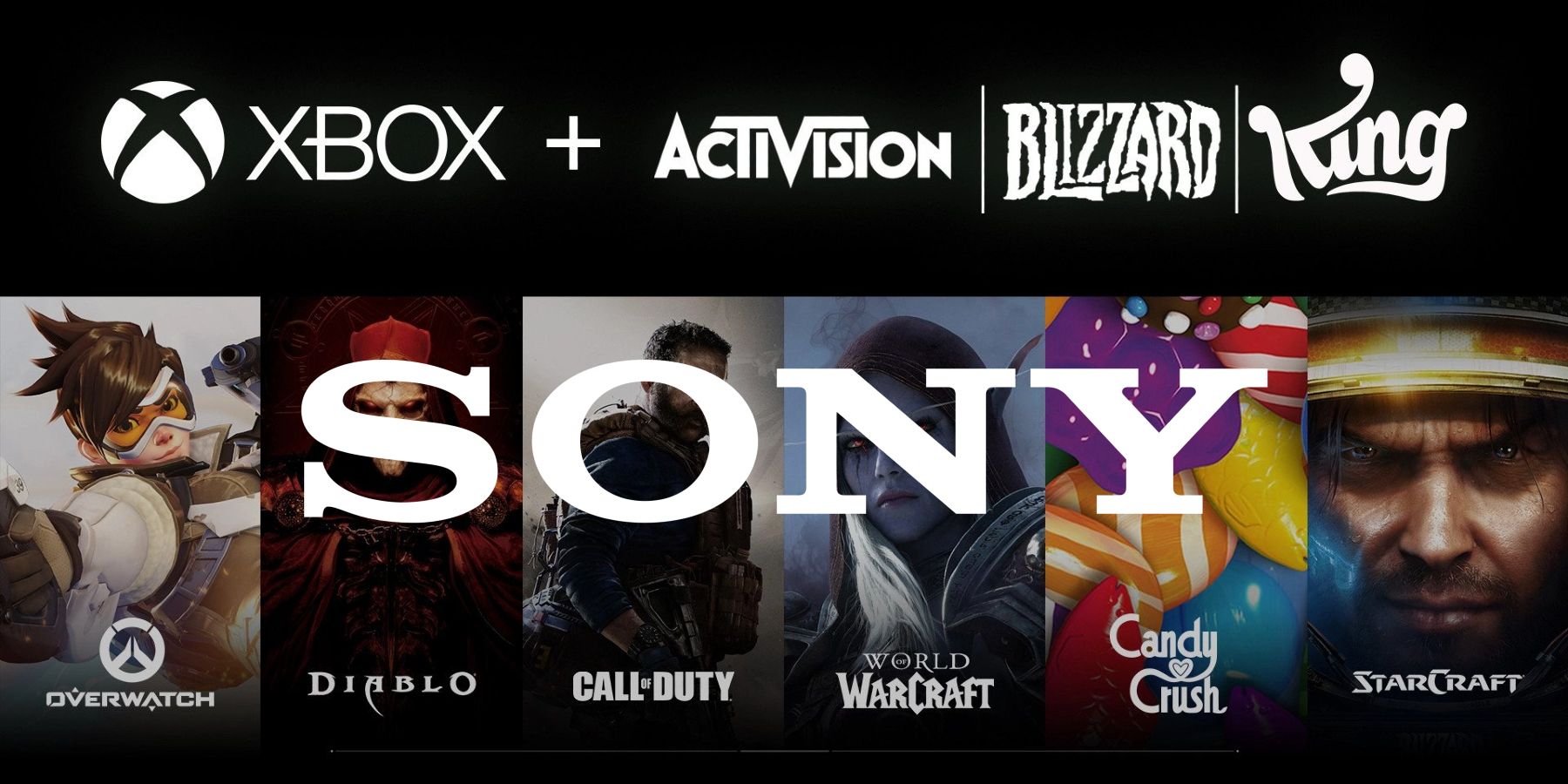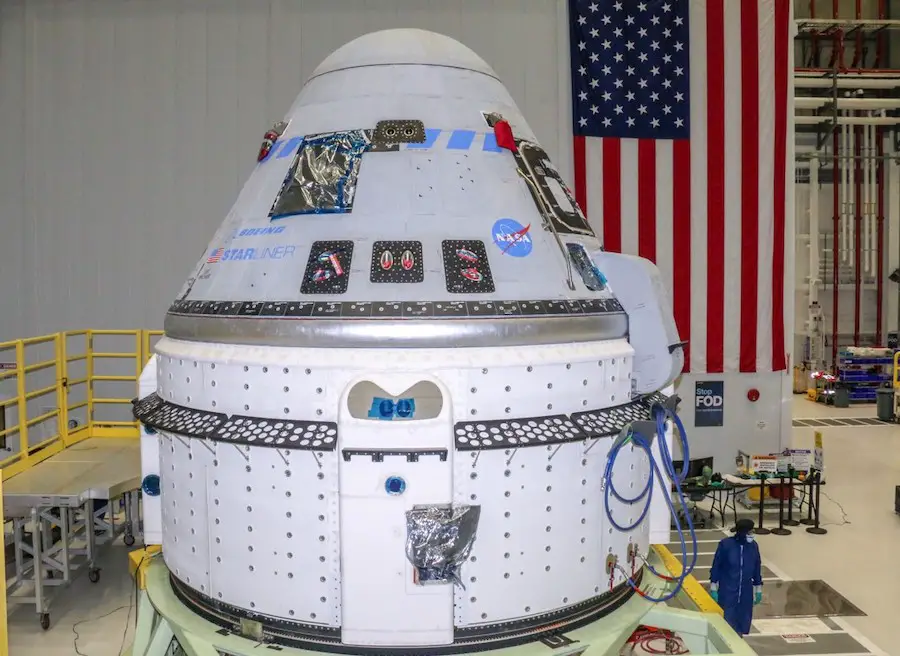Activision Blizzard Acquisition: FTC Files Appeal Against Court Ruling

Table of Contents
The FTC's Initial Lawsuit and the Court Ruling
The FTC's initial lawsuit against the Activision Blizzard acquisition centered on concerns that the merger would significantly reduce competition in the video game market, giving Microsoft an unfair advantage. The core arguments presented by the FTC highlighted several key issues:
-
Concerns about Microsoft's dominance in the gaming market: The FTC argued that Microsoft's acquisition of Activision Blizzard would consolidate too much power in the hands of a single entity, potentially stifling innovation and harming consumers. This argument pointed to Microsoft's existing market share in gaming consoles (Xbox), PC gaming, and cloud gaming services (Xbox Cloud Gaming).
-
Potential harm to competition, especially regarding Call of Duty: A significant focus of the FTC's case was the Call of Duty franchise, one of the most popular and lucrative video game series globally. The FTC argued that Microsoft could make Call of Duty exclusive to Xbox consoles or make it significantly less accessible on competing platforms like PlayStation, thus harming competition.
-
Allegations of anti-competitive practices: The FTC also alleged that Microsoft engaged in anti-competitive practices in its pursuit of the Activision Blizzard acquisition, aiming to eliminate a major competitor and solidify its market dominance.
Despite these arguments, the court ultimately rejected the FTC's request for a preliminary injunction to block the acquisition. The judge's reasoning emphasized the lack of sufficient evidence to prove that the merger would likely lead to substantial harm to competition. Key arguments that swayed the court's opinion included Microsoft's commitment to keep Call of Duty available on PlayStation and other platforms. There were no significant dissenting opinions within the court.
The FTC's Appeal and its Implications
Undeterred by the court's decision, the FTC filed an appeal, signaling its intention to continue fighting against the Activision Blizzard acquisition. The reasons behind this appeal are multifaceted:
-
Reasons behind the appeal, highlighting the FTC’s continuing concerns: The FTC maintains its belief that the merger poses a substantial threat to competition, particularly in the cloud gaming market, and that the initial ruling didn't adequately address these concerns.
-
The legal arguments the FTC is likely to present in the appeal: The FTC's appeal will likely focus on strengthening its arguments concerning the potential for anti-competitive behavior and the long-term implications of Microsoft's market dominance.
-
The potential impact on the timeline of the acquisition: The appeal significantly delays the completion of the Activision Blizzard acquisition, creating uncertainty for both companies and their investors.
The appeal's outcome could have profound implications:
-
Scenarios: If the appeal is successful, the acquisition will be blocked or significantly altered. If unsuccessful, the merger will proceed as planned. A settlement could also be reached, potentially involving concessions from Microsoft.
-
Impact on game prices, availability of titles, and competition: The outcome will directly impact the price, availability, and overall competitiveness of video games in the market.
-
Implications for future mergers and acquisitions in the tech industry: This case sets a significant precedent for future mergers and acquisitions in the tech sector, influencing how regulators approach similar deals.
The Role of Call of Duty in the Debate
The Call of Duty franchise plays a pivotal role in the Activision Blizzard acquisition debate. Its immense popularity and market share make it a crucial asset in the overall market valuation and competitive landscape.
-
Call of Duty's market share and influence: Call of Duty consistently ranks among the top-selling video games annually, wielding significant influence over the gaming market.
-
The FTC's concerns regarding exclusive access or platform limitations: The FTC’s central concern is that Microsoft could leverage Call of Duty's popularity to gain an unfair advantage, potentially making it exclusive to Xbox or severely limiting its availability on competing platforms.
-
Microsoft's commitments regarding Call of Duty availability on other platforms: While Microsoft has made commitments to keep Call of Duty on PlayStation, the FTC remains skeptical of these assurances, questioning their long-term viability and enforcement.
Antitrust Concerns and Regulatory Scrutiny
The Activision Blizzard acquisition highlights the complexities of antitrust laws in the rapidly evolving tech landscape.
-
The evolving nature of antitrust regulations in the digital age: Traditional antitrust regulations are struggling to keep pace with the dynamic nature of the digital market, where mergers and acquisitions often involve complex interconnections between different platforms and services.
-
The balance between fostering innovation and preventing monopolies: Regulators face the challenge of balancing the need to foster innovation and competition with the need to prevent the formation of monopolies that could stifle innovation and harm consumers.
-
International regulatory perspectives on the Activision Blizzard acquisition: The Activision Blizzard acquisition is not just a US issue; regulatory authorities in other countries, including the European Union, are also scrutinizing the deal, leading to a global debate on antitrust concerns and the future of the gaming industry.
Conclusion
The Activision Blizzard acquisition remains shrouded in uncertainty following the FTC's appeal. From the initial lawsuit highlighting concerns about market dominance and the role of Call of Duty, to the appeal challenging the court's decision, the legal battle continues to shape the future of the gaming industry. The FTC's appeal is significant, not only for its impact on this specific merger but also for its implications for antitrust law and future mergers and acquisitions in the tech sector. Stay informed about further developments in the Activision Blizzard acquisition case. Follow reputable news sources for updates on this evolving situation, as the legal battle continues to shape the future of the gaming landscape.

Featured Posts
-
 Mummy Pigs London Landmark Gender Reveal
May 21, 2025
Mummy Pigs London Landmark Gender Reveal
May 21, 2025 -
 Femicide Understanding The Rise In Incidents
May 21, 2025
Femicide Understanding The Rise In Incidents
May 21, 2025 -
 Lufthansa Co Pilot Fainting Flight Continues Unpiloted For 10 Minutes
May 21, 2025
Lufthansa Co Pilot Fainting Flight Continues Unpiloted For 10 Minutes
May 21, 2025 -
 The Goldbergs Behind The Scenes Look At The Hit Show
May 21, 2025
The Goldbergs Behind The Scenes Look At The Hit Show
May 21, 2025 -
 Southport Stabbing Tweet Leads To Mums Imprisonment And Housing Crisis
May 21, 2025
Southport Stabbing Tweet Leads To Mums Imprisonment And Housing Crisis
May 21, 2025
